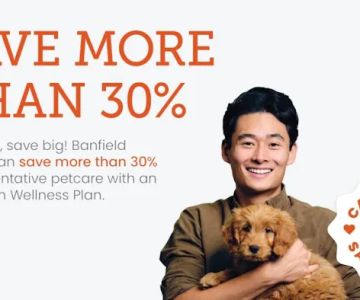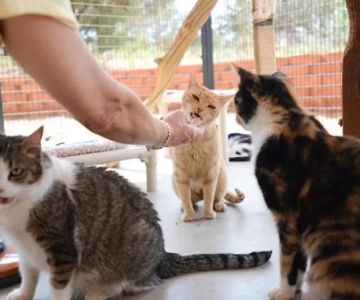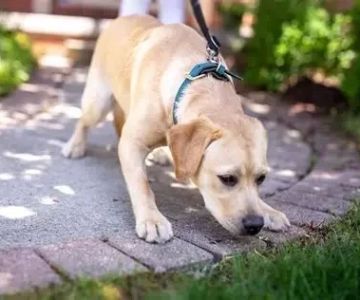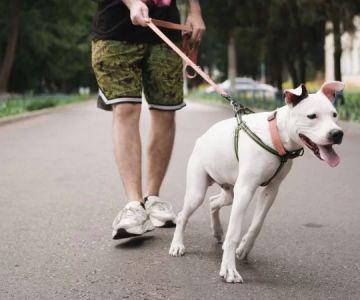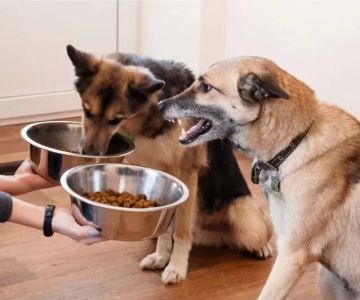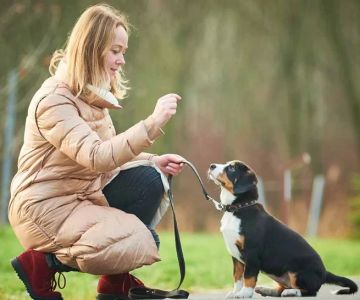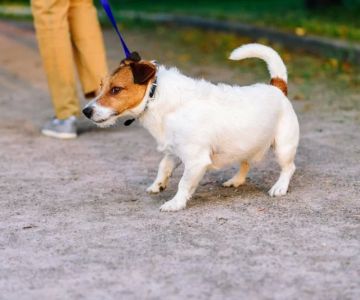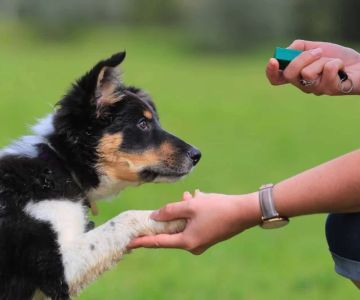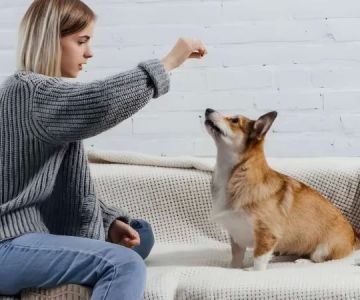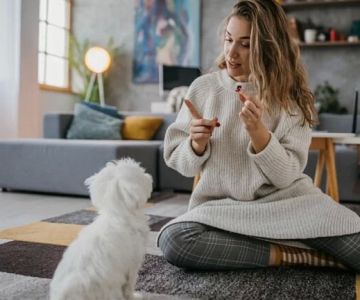How to Stop a Dog from Excessive Drooling: Tips for Pet Owners
- Understanding Excessive Drooling in Dogs
- Common Causes of Drooling in Dogs
- How to Stop Excessive Drooling in Dogs
- When to See a Veterinarian for Drooling
- Real-Life Case Study: Managing Drooling in Dogs
- Preventive Tips for Maintaining Your Dog's Health
1. Understanding Excessive Drooling in Dogs
As a dog owner, it’s natural to be concerned if your pet starts drooling excessively. Dogs drool for various reasons, but when it becomes excessive or constant, it can signal an underlying health issue. In this article, I’ll explain what constitutes excessive drooling in dogs, why it happens, and what you can do about it. With my personal experience and advice from veterinary experts, you’ll learn how to manage and address this issue effectively.
Excessive drooling is defined as a significant increase in the amount of saliva produced by your dog, often leading to drool pooling from the mouth. While drooling is normal for some breeds, particularly when they are excited or hungry, continuous or abnormal drooling should be investigated to rule out any medical concerns.
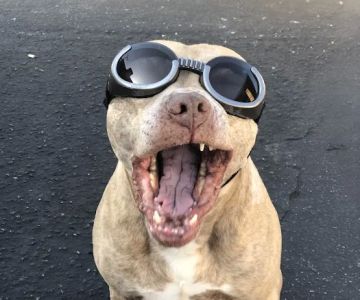
1225 Warren Ave, Downers Grove, IL 60515, USA
See Details2. Common Causes of Drooling in Dogs
Excessive drooling can be caused by many factors. Understanding the underlying reason for your dog’s drooling is crucial in determining the right approach to treat it. Below are some common causes of drooling in dogs:
- Excitement or Anxiety: Some dogs drool when they’re excited or anxious. For instance, when going for a walk or anticipating a treat, drooling is common, especially in breeds like the Saint Bernard or the Bulldog.
- Health Problems: Dental issues, oral infections, and gum disease can cause excessive drooling. If your dog is drooling excessively and also showing signs of discomfort while eating or chewing, it’s time to investigate their oral health.
- Motion Sickness: If you’ve ever noticed your dog drooling heavily during car rides, it could be a sign of motion sickness. This is particularly common in puppies and dogs that aren’t used to traveling.
- Ingestion of Toxins: Dogs that ingest toxic substances like chocolate, plants, or household cleaners may start drooling excessively. If you suspect your dog has ingested something harmful, immediate veterinary attention is necessary.
- Heat Stroke: When dogs get overheated, they may drool excessively as a way to cool down. Excessive drooling combined with panting, lethargy, or confusion could be signs of heatstroke, which requires urgent medical care.
3. How to Stop Excessive Drooling in Dogs
Now that we know some common causes of drooling, let’s explore how to stop excessive drooling in your dog. It’s important to take the right steps based on the underlying cause, and often, a combination of approaches works best:
- Regular Oral Care: Maintaining your dog’s oral health is crucial. Regular brushing, dental chews, and annual check-ups can prevent oral diseases and reduce drooling caused by dental problems.
- Reduce Anxiety: If your dog drools due to anxiety, consider behavior training, anxiety-reducing products, or even medication prescribed by your vet. Creating a calm and relaxing environment can help reduce excitement-induced drooling.
- Adjust Feeding Habits: If motion sickness is the culprit, try to adjust your dog’s feeding schedule. Feeding them a small meal before travel or using special travel crates that reduce motion can help lessen drooling during trips.
- Proper Hydration and Temperature Control: Always ensure your dog stays hydrated and doesn’t overheat. During hot weather, provide them with plenty of fresh water, and never leave them in a hot car. If heatstroke is a concern, bring them to a cooler area immediately and contact your vet.
- Treating Toxin Ingestion: If you suspect your dog has ingested something toxic, contact a vet immediately. Inducing vomiting (only if advised by a vet) and rushing to the clinic can save your pet’s life and prevent further symptoms like excessive drooling.
4. When to See a Veterinarian for Drooling
If your dog’s drooling becomes excessive and persistent, it’s essential to consult a veterinarian. Here are some signs that indicate you should seek veterinary care:
- Excessive drooling with no clear cause (e.g., excitement or heat)
- Signs of discomfort, such as pawing at the mouth or avoiding food
- Drooling accompanied by other symptoms like vomiting, lethargy, or diarrhea
- If your dog has ingested something toxic or harmful
Veterinary care can help determine whether the drooling is due to a health issue or a more serious problem, and early intervention can make a significant difference in your pet’s health.
5. Real-Life Case Study: Managing Drooling in Dogs
Let me share a real-life example of how timely veterinary care helped manage excessive drooling in my own dog, Luna. Luna, a German Shepherd, started drooling excessively one day, and I quickly noticed she was also acting lethargic. I thought it might be because of the heat, but after giving her some water and noticing no improvement, I decided to take her to the vet.
The vet discovered that Luna had a dental infection, which was causing her discomfort and drooling. After an examination and treatment plan that included antibiotics and a special dental diet, Luna’s drooling subsided, and she returned to her normal self. This experience reinforced how important it is to monitor any changes in your pet’s health and seek professional help when necessary.
6. Preventive Tips for Maintaining Your Dog's Health
Preventing excessive drooling is often about maintaining your dog’s overall health. Here are a few tips that I’ve found effective in ensuring Luna’s well-being:
- Regular vet visits: Keep up with your pet’s routine checkups to catch potential health problems early.
- Oral hygiene: Regular brushing and dental check-ups can prevent dental issues that lead to drooling.
- Control stress: Ensure your pet is mentally and physically stimulated to reduce anxiety and stress-related drooling.
- Provide a healthy diet: Feeding your dog high-quality food and fresh water can help prevent digestive or health issues that lead to drooling.
If you want more tips on maintaining your pet’s health or need to consult a professional, visit Hidden Brook Veterinary. They offer excellent care and advice to keep your dog healthy and happy!

